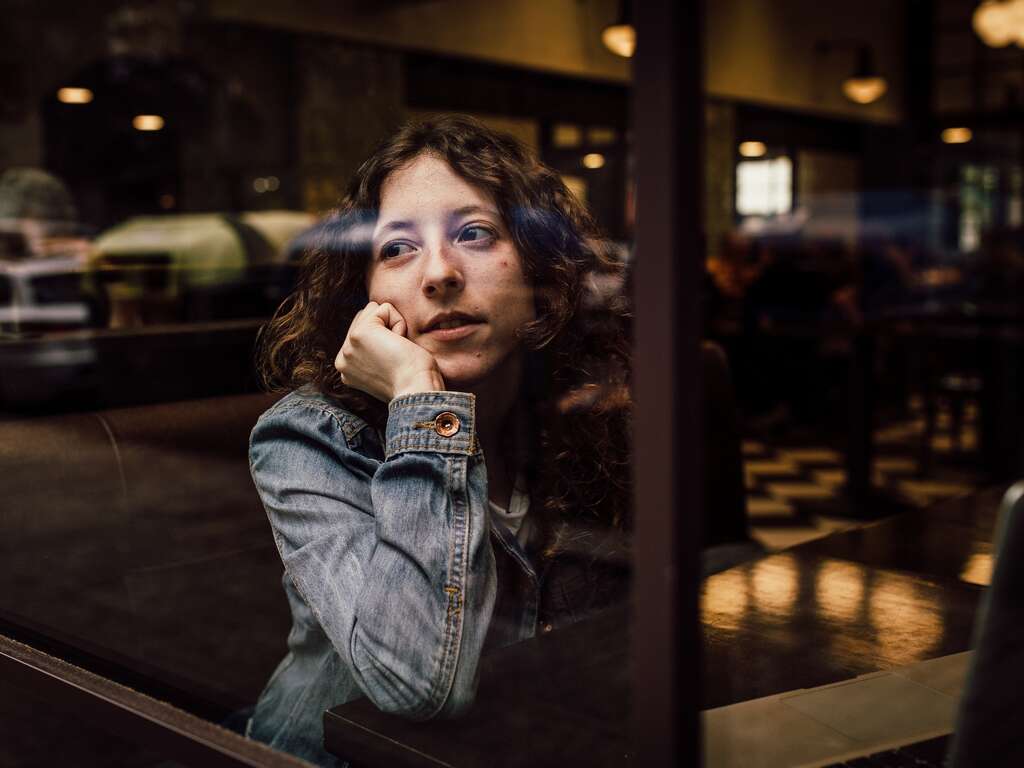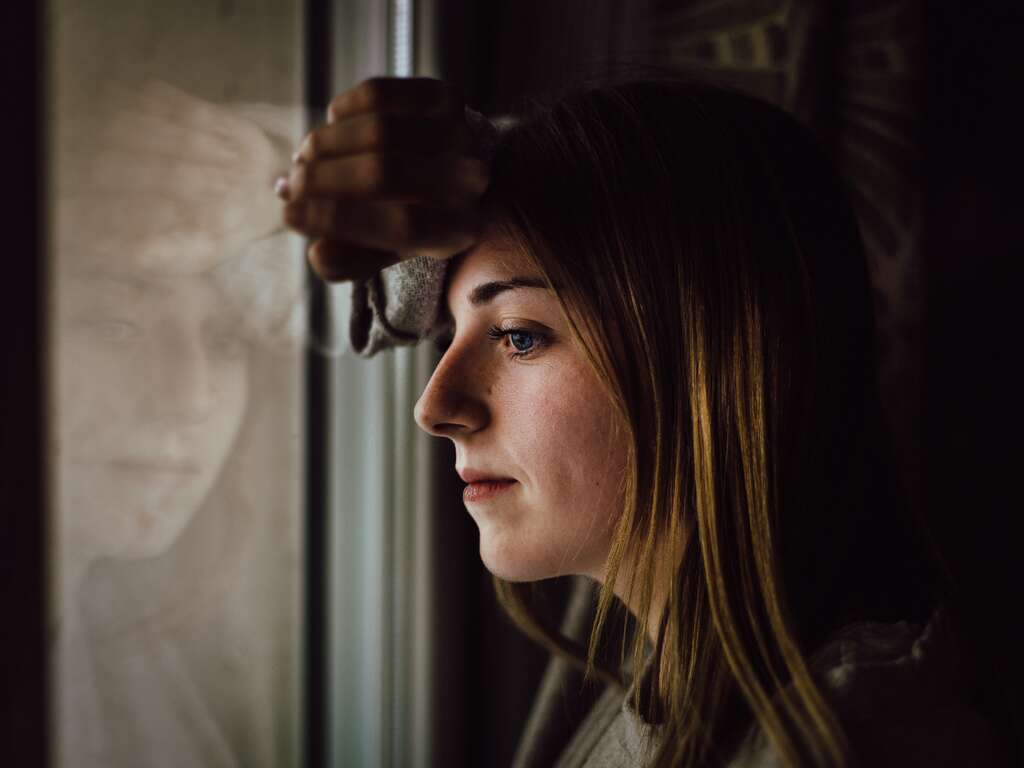With so many types of medications on the market today, it’s difficult to know the details of every type, including the side effects, benefits, and possibility of developing a substance abuse problem. It’s important to be educated.

Treat Anxiety and Alcohol Dependence
People suffering from drug or alcohol addiction may have encountered both Gabapentin and various benzodiazepines as medications used to treat anxiety, insomnia, headaches, and substance use disorders. This article is written to understand the differences and how each drug is used. We must first understand what Gabapentin is and how it relates to benzodiazepines.
What Is Gabapentin?
Gabapentin — in the form of tablets, capsules, and oral solutions — is commonly prescribed to help control different types of seizures, especially for those suffering from epilepsy. The medication works by decreasing the brain’s abnormal excitement. Besides this, this drug can also be used to relieve pain from shingles. It can help alleviate the long-lasting burning sensation, stabbing pain, and aches that usually come from the attacks. Gabapentin achieves this by altering the way the body normally senses pain. Because of this, gabapentin (also called neurontin for anxiety) can be considered a pain medication that also helps with panic attacks, anxiety, and impulse control disorders. Gabapentin and neurontin classification falls under the drug category of anticonvulsants.
How Does Gabapentin Work?
As an anticonvulsant, the effects of this drug are often associated with the nervous system. So, to understand how gabapentin works, we need to understand how the brain works.
The inhibitory and excitatory activities in our brain are mediated by specific neuroindividualmitters called glutamate and gamma-aminobutyric acid (GABA). Gabapentin then comes into play by signaling GABA receptors to increase inhibitory properties and reduce neural excitation by limiting glutamate activity. In doing so, gabapentin can effectively reduce signals for agitation, treat anxiety, diabetic neuropathy, and pain. In addition, it can also produce feelings of calmness and relaxation.
Gabapentin for Addiction
Apart from its medical use, gabapentin can also be used as an off label drug that many doctors who specialize in helping addicts prescribe to treat their patients who abuse cocaine, alcohol, and opiates. This is because this medicine has powerful properties that can assist the uncomfortable aspects of drug and alcohol withdrawal.
Additionally, when patients who suffer from opiate dependence take prescribed gabapentin, they can reduce the risk of experiencing restless leg syndrome and nerve pain, which commonly arise during opiate withdrawal.
Due to its effectiveness, many doctors prescribe off-label gabapentin 83% of the time due to its effectiveness in treating ailments like unstable physical disorders, addiction, alcohol use disorder, and Behavioral Health issues (e.g., Gabapentin uses: anxiety, ADD, bipolar disorder, anxiety disorders, panic disorder, and depression).
The Risks of Taking Gabapentin

Much like any medication, the benefits of prescribed gabapentin should be weighed against the possible disadvantages. These include side effects and health risks that may put the patients in danger.
Some of the side effects one can encounter when they take this medication include the following:
- Drowsiness
- Lack of stability
- Fever
- Memory loss
- Speaking difficulty
- Heartburn
- Nausea
- Swelling
- Elevated blood pressure
Other rare but equally serious adverse effects of taking this drug include:
- Suicidal thoughts
- Substance use disorder
- Depression
- Panic attacks
- Muscle tissue breakdown
- Allergic reactions
- Severe skin reactions
Even though gabapentin is not considered a narcotic or a controlled substance that can cause mood or mind changes, many drug abusers use this medication in combination with other drugs like benzos and opiates to increase a desired euphoric effect. In fact, in 2013, gabapentin played an integral role in over 40 deaths, many of which were caused by dangerous drug combinations of gabapentin and other drugs.
In a separate study in 2015, the findings suggest that 15% of the participants misused gabapentin to get high. The same results were found in another article published in 2016 where researchers found that one-fifth of opiate abusers at the time had misused gabapentin.
With these potential dangers in mind, we need to know: is gabapentin a type of benzodiazepine medication?
Is Gabapentin a Benzodiazepine?
Benzodiazepines fall under the class of depressants since they can produce hypnosis and sedation, relieve muscle spasms, treat anxiety, and minimize seizures. On the surface, we can see how gabapentin can be associated with benzodiazepines. After all, they both deal with altering the nervous system.
The major difference, however, is that benzodiazepines (more commonly known as benzos or BZDs) are considered controlled substances. This means that this type of substance is heavily controlled by the government due to its potential to cause benzodiazepine abuse, BZD dependence, or addiction. As such, the only way to get this drug legally is through prescription.
Because of this, gabapentin is not considered a benzodiazepine. There have been many studies that suggest that gabapentin can be used to treat benzodiazepine abuse and withdrawal.
Gabapentin and Xanax
Although gabapentin and xanax can treat anxiety, Gabapentin is a safer medication for long term use. Gabapentin vs xanax for sleep is a great example of utilizing gabapentin because xanax is habit forming.
Gabapentin as a Treatment of Benzodiazepine Abuse, Dependence, and Withdrawal
In 2021, the American Psychiatric Association presented a study on the possibility of treating benzodiazepine dependence, abuse, and withdrawal with gabapentin.
According to the psychiatrists, the two drugs share similar mechanisms, making gabapentin an effective adjunct treatment.
In their study, they compared two groups of patients: One group consisted of patients who were given gabapentin to treat benzodiazepine withdrawal symptoms like neuropathic pain and anxiety. The second group consisted of patients who were not given gabapentin to treat symptoms.
In their study, they measured the severity of the withdrawal symptoms and recorded the individuals’ ancestry, individual self-concept, length of stay at the hospital, medical issues, medications, and readmissions.
They found that a total of 600 mg to a maximum dose of 1,800 mg of daily gabapentin intake can reduce the amount and severity of withdrawal symptoms. Likewise, they reported no complications with using gabapentin to treat benzodiazepine. There are additional studies using Gabapentin during methadone maintenance treatment and methadone maintenance patients. Benzodiazepine (BZD) use disorders are a common clinical problem among methadone maintenance treatment patients and have adverse effects on clinical outcomes. A pilot trial of Gabapentin for the treatment of benzodiazepine abuse or dependence in methadone maintenance patients showed that it can decrease the likelihood of benzodiazepine dependence or misuse in patients undergoing methadone maintenance treatment.
While these results seem promising, more studies need to be conducted and further observational data must be collected to truly see the impact of gabapentin. At present, physicians need to be careful in prescribing this drug to treat benzodiazepine use disorder as it is easy for patients to take advantage of it, especially in outpatient treatment.
The Abuse of Gabapentin

Gabapentin abuse – while the misuse of gabapentin may not elicit as severe adverse effects as that of benzodiazepine, it may still give rise to health dangers.
According to studies, people mainly abuse gabapentin because it increases sociability, relaxation, calmness, and other “zombie-like” qualities that are often associated with cannabis. When combined with other drugs, it can give off euphoric effects that drug users yearn for.
The primary motivations behind the abuse of this drug include the following.
Prescription
While the main purpose of prescription drugs is to treat an ongoing condition, they can lead to substance use disorders. It’s become common for people to take advantage of prescription drugs for recreation.
Moreover, since this medication came from a professional healthcare provider, many patients believe that the prescribed drug is safe to consume — without experiencing any consequences. However, anticonvulsant substances like gabapentin can be extremely addictive, which can then act as a gateway to other more powerful and illegal drugs.
Availability
If the urge to try a new substance kicks in, many users would look into drugs that are readily available and easily available. One of which is gabapentin. Many people can get their hands on this drug without the need for prescriptions.
Since it’s not a controlled substance, there are no strict rules preventing users from purchasing this product at pharmacies and other sources.
Experimentation
Recreational users with a history of drug use can look at gabapentin as a new medium for experimentation. In some cases, they might try mixing gabapentin with other substances to see whether or not they produce enhanced results. Once this becomes a habit, it will be hard to break.
Self-Medication
Self-medication is one of the leading reasons why people undergo substance abuse. Oftentimes, self-medication stems from undiagnosed mental illnesses, depression, loneliness, severe psychological distress, or stress. With these underlying reasons, it can become easier for people to use drugs like gabapentin for an escape or as a way to cope. Without realizing it, people who take drugs for self-medication purposes become reliant on these substances to the point of addiction.
Anxiety Disorders
Navigating life with generalized anxiety disorder can be challenging to say the least. It makes sense for individuals who live with anxiety to attempt to lessen its effects and avoid panic attacks by turning to substances.
While we don’t condone the use of gabapentin for treating anxiety and other anxiety disorders, we must understand the reasons why people fall prey to drug abuse. Only then can we provide the help that they need to overcome their addiction. If not, they may continue to incorporate drugs into their daily lives.
Developing Physical Dependence with Gabapentin
If someone consumes high doses of gabapentin over a long period, they may even develop a physical dependence on the drug. This is when a body has adapted so well to the drug that it can no longer function properly without it. So, when someone experiencing physical dependence on gabapentin suddenly stops using it or drastically decreases its dosage, they may go through withdrawal, which can be life-threatening.
To prevent this, we recommend that the user gradually taper the dosage over weeks and months to allow the body to adjust accordingly and minimize the symptoms of withdrawal.
Factors To Consider That May Affect Gabapentin Withdrawal Symptoms

When someone decides to stop taking this drug, they may experience certain symptoms. This will depend greatly on several factors.
The Amount Consumed
People taking a high dosage of gabapentin are more likely to develop a dependence on the drug. Thus, they may develop more severe symptoms than those who have only taken a small to average dose of the drug.
The Duration of Drug Abuse
Besides the amount consumed, how they consumed it also plays a part in how people will experience withdrawal. Of course, those who have been using it for a long time will have a more challenging time recovering without it than those who have only been taking it for a short period. Regardless, it’s still possible to heal even if they’ve grown dependent on the drug over the years.
The Existence of Other Medical Conditions
Individuals who are taking gabapentin to treat seizures or side effects of shingles are more prone to experiencing the same adverse effects once they stop. For this reason, it’s essential that they take necessary precautions when proceeding with the withdrawal process.
Their Genes
Genes can impact the way the drug is absorbed by the body. For some, their genes may increase the likelihood of drug dependence. For others, it may result in the opposite effect. Therefore, we must take into account the role genetics plays in an individual’s withdrawal process.
The Way They Stopped Taking Gabapentin
As mentioned earlier, the abrupt discontinuation of gabapentin can shock the system, resulting in severe symptoms. So, rather than quitting immediately, it’s better to do dose reductions over time to ensure a smooth individualition.
Seek Recovery Services at Care Plus NJ

Drug use and addiction are serious problems in today’s society, especially with drugs like gabapentin being easily available to the greater public. If you or a loved one suffer from gabapentin misuse, gabapentin addiction, or are concerned that a gabapentin overdose is eminent, please contact our substance abuse experts, we look forward to helping you find recovery.
Care Plus NJ in New Jersey offers recovery services, support, and sound medical advice. Gabapentin addiction treatment is something we can help you with. We offer outpatient services and programs designed based upon your schedule. As an in-network facility that also accepts state insurance – we are confident we can help you or a loved one find the right help needed. If during our initial assessment our doctors determine an inpatient detoxification treatment is in your best interest, we will guide you to the right facility. Currently we treat both adults, adolescents and all family who seek recovery services. Reach out to us today so we can discuss the best treatment options available.

CarePlus NJ, INC. is dedicated to excellence in Behavioral Healthcare and has a commitment to life-long support needed by individuals and their families to ensure that they achieve their full potential and improve the quality of their lives.

